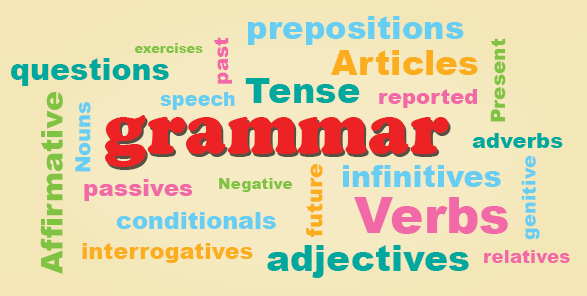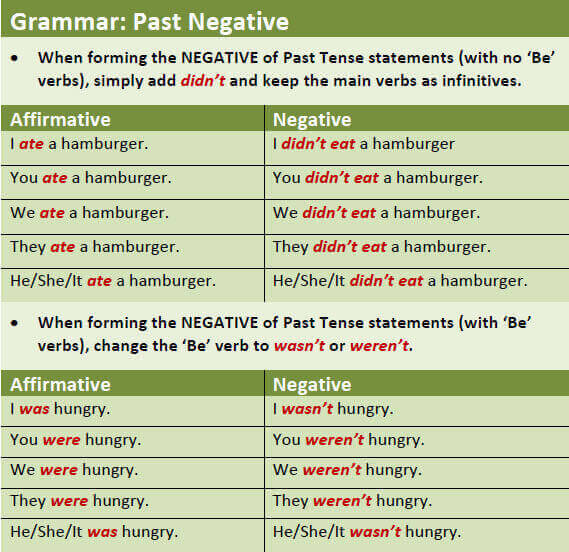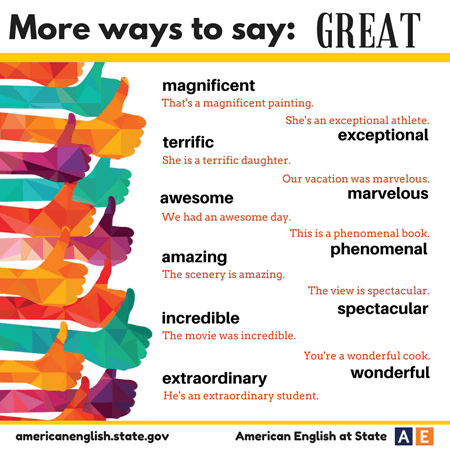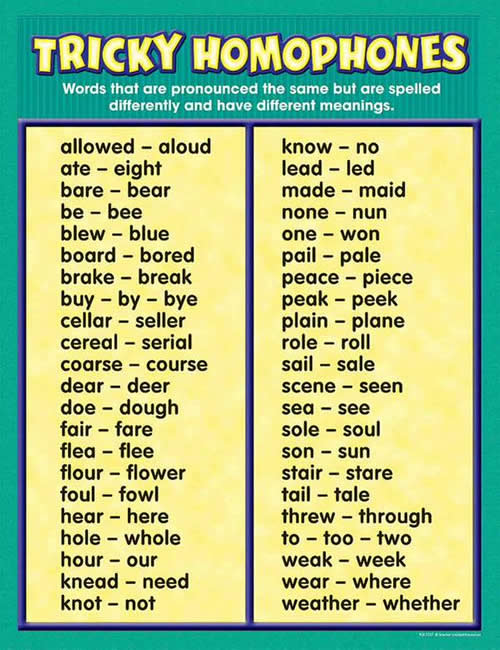Tag: study
Differences Between “Which” and “That” Use ‘which’ with a comma for non-restrictive relative clauses. Non-restrictive relative clauses give additional, but not essential information. Use ‘that’ without comma for restrictive …
Common Grammar Mistakes – English Study The verb be, Prepositions, auxiliary verbs, 3rd person’s, past tense, word order, comparatives, adverbs; follow the examples;
Idioms About Number back to square one, all in one piece, have one to many, on cloud nine, one for the road and etc…
Bedroom Vocabulary – Visual Learning Method The bedroom; chest (of drawers), bed, pillowcase, headboard, lamp, alarm clock, blinds, curtains and etc…
Pronunciation of “ED” The pronunciation of words ending in ED depends on the final consonant sound. There are three ways to pronounce ED at the end of a word …
Conditionals Zero conditional, first conditional, second conditional, third conditional
Past Negative – Grammar Study When forming the NEGATIVE of past tense statements(with no ‘Be’ verbs), simply add didn’t and keep the main verbs as infinitives.
More Ways to Say Great – English Speaking Study magnificent, terrific, exceptional, awesome, marvelous, amazing, phenomenal, incredible, spectacular, extraordinary, wonderful and etc… Follow the lists;
Tricky Homophones (Very important and useful list) Words that are pronounced the same but are spelled differently and have different meanings. Follow the list;
Uses of “Each”, “Every”, “Either”, “Neither” These distributive words are normally used with singular nouns, and are placed before the noun. Each, either and neither can be used with …









